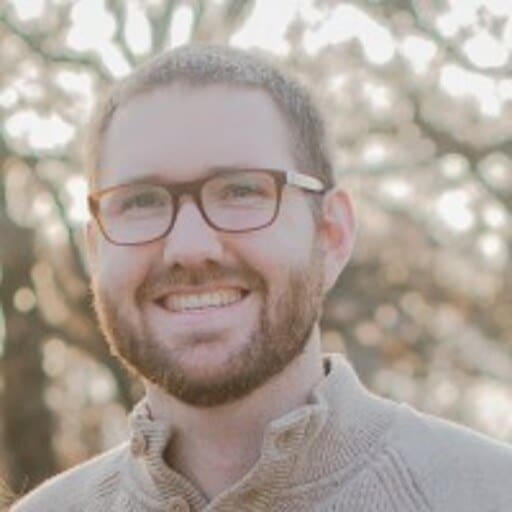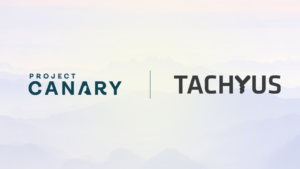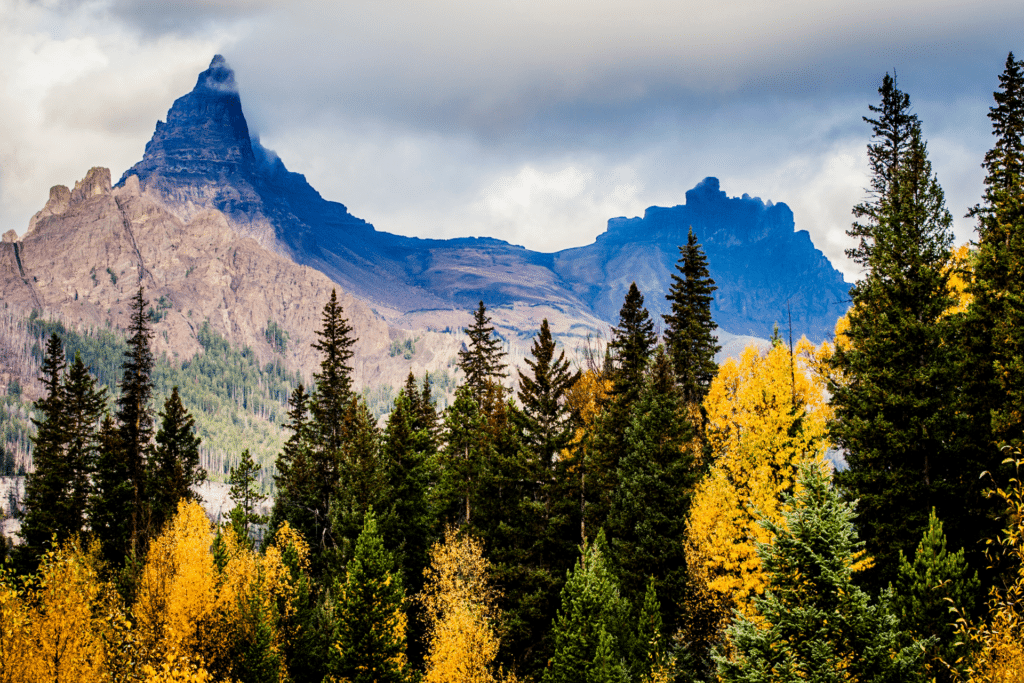
What is your background in oil and gas?
My education is in mechanical engineering from The University of Tulsa. Almost everyone that comes out of that program goes into oil and gas or some sort of technical engineering role. After that, I interned with an upstream operations company in Tulsa and they hired me as a midstream facilities engineer covering a lot of different workstreams– I built pipelines, worked on well pad construction projects, compressor stations, you name it—everything from the wellhead to transmission. In 2019, I got my professional engineering license to showcase my technical understanding and commitment to the engineering sciences.
What brought you to Project Canary?
When I moved to Denver, I wanted to combine the knowledge I gained over the last ten years with a focus on environmental work. At my previous job, I was known for being mindful of the environment and its impact on my actions.
I was trying to bridge my background in oil and gas with my passion for environmental stewardship—Project Canary let me do that.
How is working at Project Canary different than working in the field or for an operator?
Safety is such a priority when you’re a facilities engineer—the things you construct can seriously hurt people if they’re not built correctly. The importance of ensuring we’re keeping people safe has been central to my career from the beginning.
Having that deep respect for safety culture from my time in the field has shaped how I approach our environmental assessments. Working at Project Canary is certainly different because I’m not in the field anymore, but it’s exciting to approach the importance of safety from a different angle via our assessments.
“Canary has opened my eyes to an entirely different subset of operators”
The other exciting thing about working at Project Canary is that we work with operators across the entire country. My previous experience was mainly in the central part of the United States; I never got a chance to work on the East Coast.
My time at Canary has opened my eyes to an entirely different subset of operators. A lot of things are certainly the same, but there are also a lot of differences that I find interesting. Getting to hear about their operational approach and techniques has taught me a lot.
Describe a day in the life of a TrustWell engineer. What does your day-to-day look like? Explain your role.
It really depends on the day! The exciting part about being on Project Canary’s midstream environmental assessments team is that we’ve constructed the assessment from the ground up. We got to take learnings from the upstream side and apply them to a completely new product.
When we’re going through the assessment process, we’re grinding through examples of criteria. We’re looking at three different rubrics because the midstream space is complex. We also have companies undergoing reassessment, which is exciting because we get to see how they’ve taken and implemented our assessments. It’s really incredible to see how companies have changed over the course of just one year.
What is the most exciting development you’ve seen in oil and gas in the past 3-5 years?
I believed this when I was an operator, and I believe this now—we’ve made so much progress, but we can always continue to do better and raise the bar. At Canary, I’ve been exposed to so many different operators, and I’ve gotten to see first-hand that they’re doing better from an operational standpoint, they’re doing better from a community standpoint, and they’re thinking very, very seriously about environmental stewardship.


